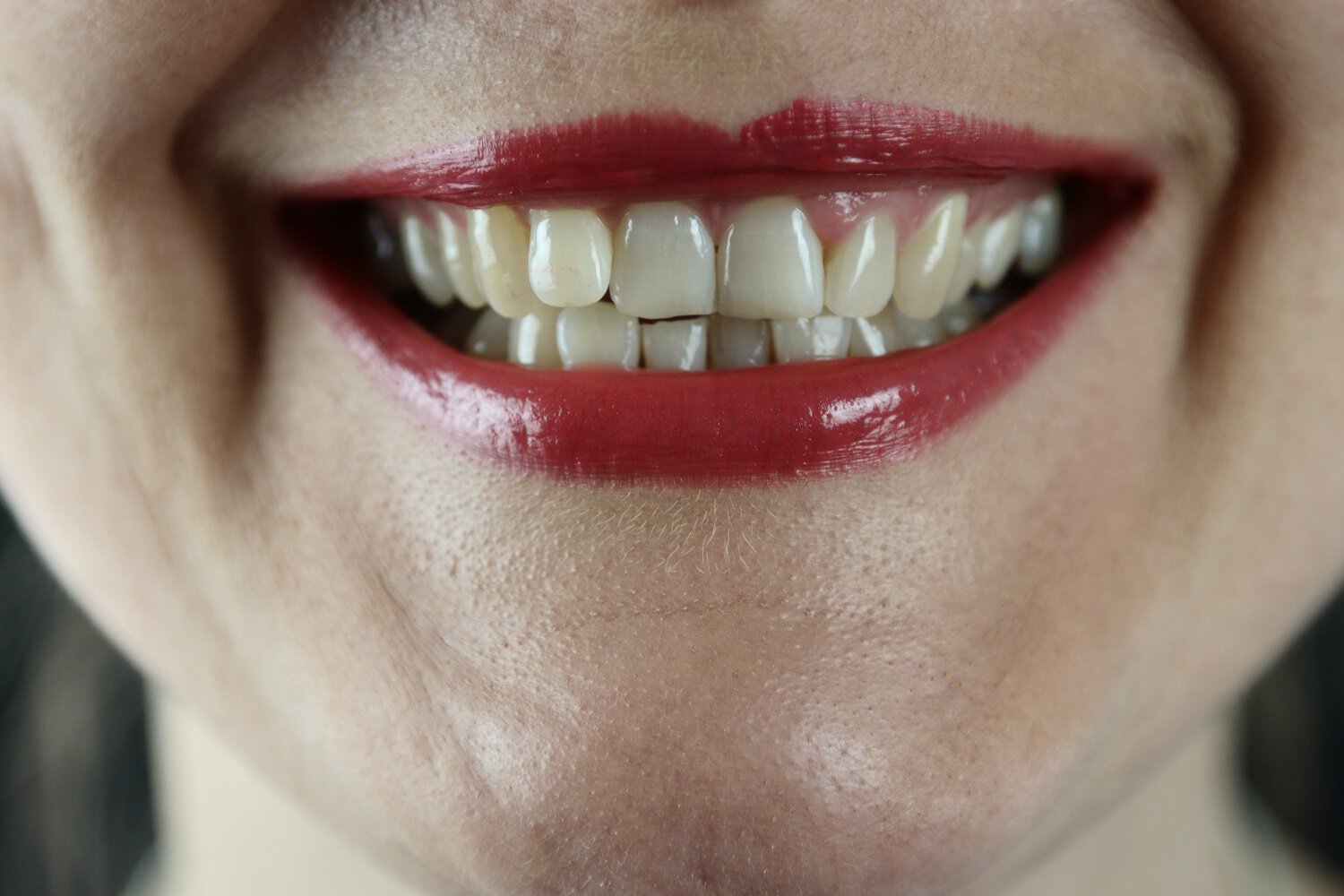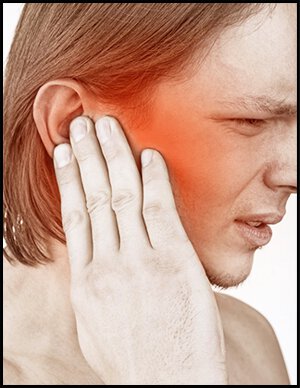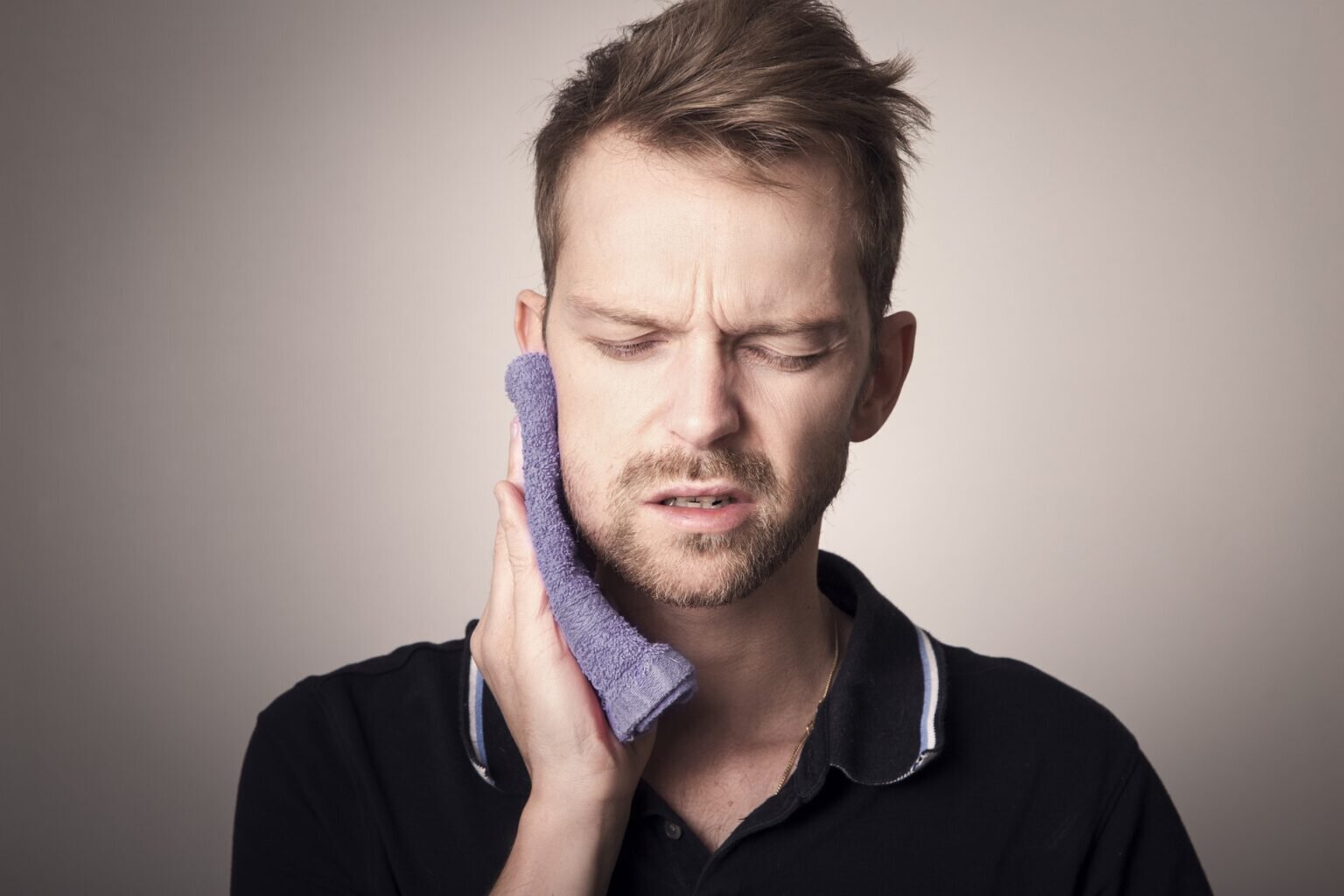


Do you clench or grind your teeth? Maybe you do it when you're awake, or perhaps you do it in your sleep. Some people do it in response to stress and anxiety while others have no idea it's even occurring. No matter when this happens, you might be suffering from bruxism, or teeth grinding. Find out the symptoms, causes and treatment for this condition and stop the damage.

Bruxism, or teeth grinding, is a neuromuscular condition where you involuntarily clench, gnash or grind your teeth. It can involve all the teeth or only the front teeth, and the clenching puts pressure on the muscles, tissues and other structures around the jaw and mouth.

Sleep bruxism is the most common and can have extreme effects. Most sleep bruxism patients that grind their teeth have an increased risk of acquiring painful TMJ, and patients with sleep bruxism and TMJ may present more severe, complex clinical findings, such as tinnitus, migraines and neck and shoulder pain; when this is the case, it is crucial to treat the TMJ to then ease the bruxism. People with sleep bruxism are also more likely to have other sleeping disorders, including snoring and sleep apnea.
Thankfully, there are many symptoms to help you identify the issue. These symptoms may include:
Keep in mind that most people suffering from bruxism are not aware they are clenching or grinding their teeth. If possible, ask others if they notice or hear your teeth grinding, especially when you are asleep.

Though doctors are not completely sure what causes bruxism, it may be due to a combination of physical, psychological and genetic factors. Although stress and anxiety may intensify bruxism for some people, in the majority of cases, a misaligned jaw is the main factor. Bruxism may also be caused by temporomandibular joint disorder (TMJ), dental issues or other health conditions.
Here are some risk factors that can increase your chances of suffering from teeth grinding:
People with bruxism may also suffer from arthritis; changed facial appearance; damaged, fractured or loose teeth; jaw or temporomandibular joint disorders; headaches; severe ear, facial or jaw pain; sleep apnea; and more.
If you ever have any concerns about your teeth, jaw or mouth, see your dentist or doctor so they can make a proper diagnosis. Please note that some dentists are not equipped to diagnose bruxism or TMJ. If you snore and have sleep apnea, you may also need to undergo a sleep study.
Though there is no cure, possible treatment options can include dental approaches for pain management, muscle relaxants or Botox.

You can also practice some at-home remedies, including:

Most children start grinding their teeth at one of two points: when their baby teeth come in, or when their permanent teeth come in.
The best time to explore issues with the jaw that can lead to bruxism, sleeping disorders and TMJ is in early childhood between the ages of five to nine years old.
By evaluating the upper and lower jaw relationships and the child's airway through a simple CT scan, many misalignment issues can be corrected at an early age through proper orthodontics and the use of appliances. Our Los Angeles TMJ dentist can review options and schedule a consultation.
If you’re dealing with teeth grinding, our Los Angeles dental clinic can create a plan to protect your smile—book a visit to get started.
Dr. Eddie Siman has over 35 years of experience and is a premier TMJ and Sleep Apnea expert in Los Angeles and Orange County. Many come to Dr. Eddie Siman with severe tinnitus, migraine problems, and sleep apnea with no relief in sight. Little do these patients know that their painful symptoms are tied to the Temporomandibular joint (TMJ). Think outside the box and pay a simple visit to Dr. Siman today so you can finally find the source of all your pain and get rid of it once and for all.
Schedule your Private Consultation and Diagnosis Appointment with Dr. Siman Expert TMJ, Cosmetic Dental, and Sleep Apnea Treatments.
Call today (818) 574-5009
14629 Ventura Blvd, Sherman Oaks, CA 91423
414 N. Camden Drive Suite #1240, Beverly Hills, CA 90403